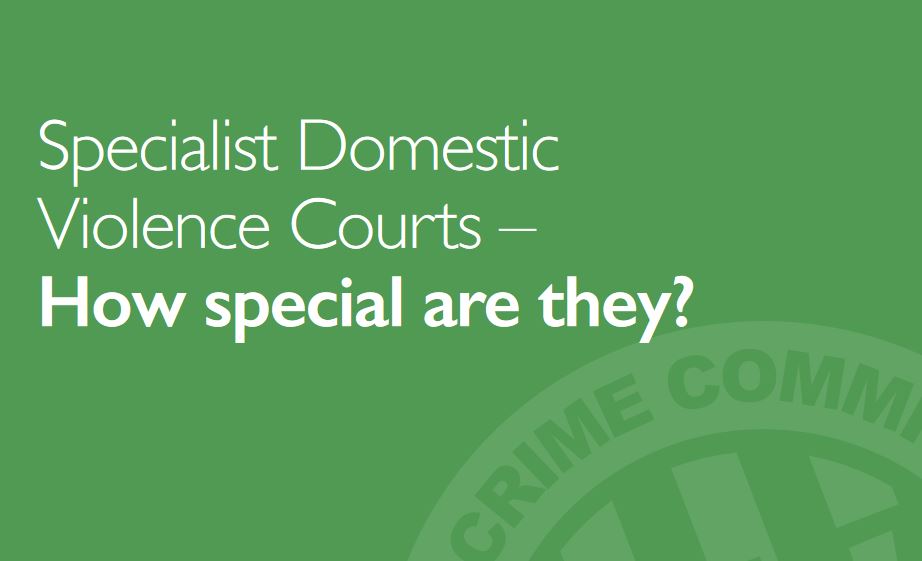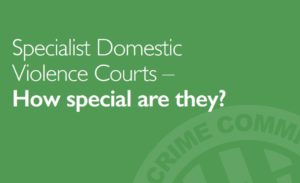In criminal practice and procedure, you might think that the humble adjournment is a relatively simple and straightforward matter, but you would be wrong.
A little like buses, they are never available when you want one. However, when you don’t want a case delayed the court always appears happy to work against you.
In reality, the humble adjournment is now a complex process, and only a mastery of the relevant principles will ensure the best outcome for your case.
The wise advocate is armed with a detailed chronology and will be ready to deploy this information without notice on an unsuspecting opponent. All relevant facts will have been gathered and a detailed submission will ensure the best prospects of success.
On occasion, it will be down to a client to assist. If for example, you cannot attend court due to illness or another unexpected matter arising, your solicitors will ensure that you are aware of the detailed information that needs to be provided.
The case law in relation to adjournments is well known, or at least ought to be. In Crown Prosecution Service v Picton, the High Court detailed the factors that a court ought to focus on:
- A decision whether to adjourn is a decision within the discretion of the trial court. An appellate court will interfere only if very clear grounds for doing so are shown.
- Magistrates should pay great attention to the need for expedition in the prosecution of criminal proceedings; delays are scandalous; they bring the law into disrepute; summary justice should be speedy justice; an application for an adjournment should be rigorously scrutinised.
- Where an adjournment is sought by the prosecution, magistrates must consider both the interest of the defendant in getting the matter dealt with, and the interest of the public that criminal charges should be adjudicated upon, and the guilty convicted as well as the innocent acquitted. With a more serious charge the public interest that there be a trial will carry greater weight.
- Where an adjournment is sought by the accused, the magistrates must consider whether, if it is not granted, he will be able fully to present his defence and, if he will not be able to do so, the degree to which his ability to do so is compromised.
- In considering the competing interests of the parties the magistrates should examine the likely consequences of the proposed adjournment, in particular its likely length, and the need to decide the facts while recollections are fresh.
- The reason that the adjournment is required should be examined and, if it arises through the fault of the party asking for the adjournment, that is a factor against granting the adjournment, carrying weight in accordance with the gravity of the fault. If that party was not at fault, that may favour an adjournment. Likewise, if the party opposing the adjournment has been at fault, that will favour an adjournment.
- The magistrates should take appropriate account of the history of the case, and whether there have been earlier adjournments and at whose request and why.
- Lastly, of course the factors to be considered cannot be comprehensively stated but depend upon the particular circumstances of each case, and they will often overlap. The court’s duty is to do justice between the parties in the circumstances as they have arisen.
What could possibly go wrong with a simple adjournment?
In a recent case of Pari-Jones v Crown Prosecution Service the following facts emerged:
‘On the morning of the trial, the legal adviser to the Magistrates’ Court received two emails from the defence solicitor, which were written in Welsh and were translated and presented to the court. The first email was sent at 9.23am. The solicitor stated that he was acting for the defendant and that she was a lady approaching 80 years old. It was the first listing for trial, and the criminal damage related to a neighbour dispute.
The magistrates were told that the defendant was very concerned regarding the weather, because it was freezing around her house and the road, and she had no electricity. She was living by herself with no close family. The solicitor further wrote that he was stuck in his home, which was in Pwllheli, and that it was freezing hard. He said he was a distance away from the main road, which had been gritted, and although he could leave his house, he was not feeling comfortable in venturing out.’
Almost unbelievably the court refused the defence adjournment and the defendant was convicted in her absence. The magistrates’ admitted to having considered no case law at all!
The full judgement in this case can be found here.
So, what seems to be an unanswerable request for a simple adjournment, in the wrong hands, can go terribly wrong. That is why we train all of our advocates to never take an application for granted and ensure the best advocacy is always deployed on your behalf.
How we can assist
We have a team of highly trained and dedicated solicitors. Unfortunately you’ll see from the facts of the case set out above that the Magistrates don’t always do what to the bystander should be obvious.
If you face court proceedings we can make a real difference to the outcome of your criminal case. Legal aid may well be available to fund your defence at court.
You can find your nearest office here.

Alternatively you can use the contact form below:

















